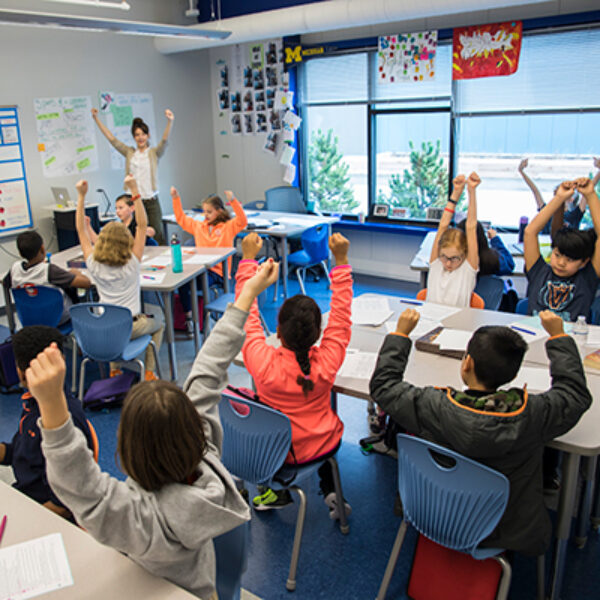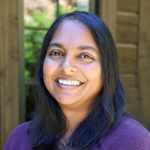
The Learning Accelerator (TLA) believes that supporting effective blended learning innovation and implementation requires effective measurement to understand outcomes and inform collective improvement. As part of our work to catalyze this measurement, TLA is piloting a one-year Fellowship to support individuals conducting research that advances our measurement agenda. Our goal is to help actors across the ecosystem (including future researchers, leaders, and educators) to work together towards the mutual goal of all students receiving an outstanding education, enabling them to reach their full potential.
We’re now excited to announce the selection of our 2017-2018 Fellows. The important research they will complete over the next several months spans a variety of problems of practice, approaches, and methods, and as such touches on several parts of our Measurement Agenda.
Elizabeth Anthony, University of Notre Dame’s Alliance for Catholic Education
Elizabeth’s work will focus on the extent to which evidence-based instructional practices identified for traditional classrooms are present in high-growth blended-learning classrooms. We’re excited about this work because the study exemplifies a strategy from our Agenda’s Measurement Implementation Objectives – the call for researchers to, “focus on the instructional practices that occur (or are scaled, or sustained) as part of implementation; rather than on technology itself”. The findings from this study will help those working to implement blended learning better understand which instructional practices to prioritize as they blend instruction, often with limited resources.
Emily Pulham, Brigham Young University
Emily is pursuing research that addresses Measurement Competency Standards, and the need for “valid and reliable measures that can be used to generate new evidence about blended learning”. This study will produce an open, performance-based, diagnostic, skills assessment that focuses on the unique skills and abilities teachers must invoke in blended environments. This tool could eventually be used by districts and schools that are interested in, or already, implementing blended learning; or by preservice teacher programs to review and improve their offerings to effectively prepare the next generation of educators for their responsibilities.
Kimberly Richards, Georgia State University and Fulton County Schools
Kimberly’s study will directly close gaps in the evidence base outlined in the Measurement Learning Agenda by specifically addressing “the students for whom implementation is most or least likely to be effective”. This study will focus on different subgroups of students, such as those with disabilities, those who are learners of English, those who are gifted, those eligible for free or reduced price lunch, and others. By studying the extent to which these students are offered, participate, and achieve success in blended environments, we will better understand how to implement in ways that maximize all students’ support and learning.
We’re deeply excited to support and work with these early-career researchers over the next year as they add critical evidence to the growing body of work. Collectively we expect them to greatly advance knowledge in our sector with meaningful, applicable recommendations as early as next spring. Stay tuned for these findings and insights as they are generated!

